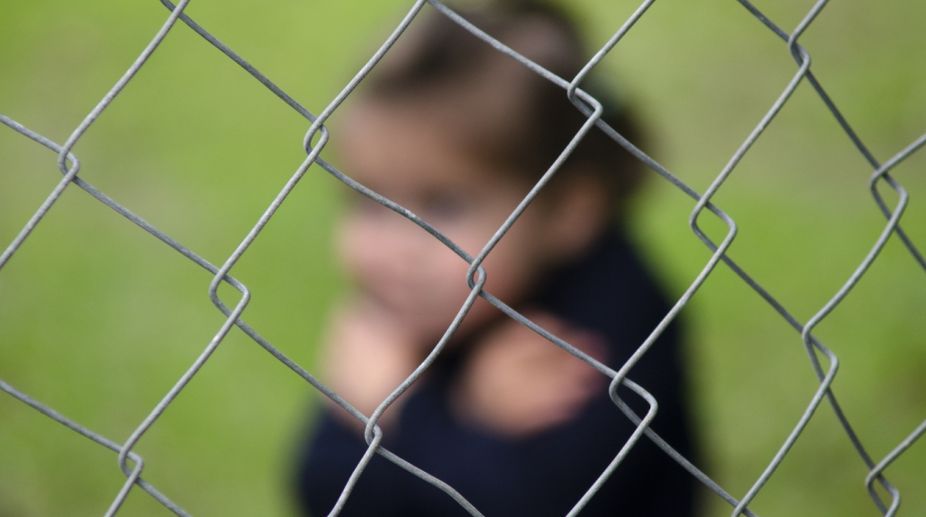Parents and children in east of India still willing to buy and read books: Survey
Children’s books are selling like hot cakes at the International Kolkata Book Fair at Boimela Prangan in Salt Lake.

Representational image (Photo: Getty Images)
What is my fault?” is a silent question that hangs on the lips and in the eyes of the innocent children. It’s not a child’s world that they inhabit as the world around them looks down upon them for being a sex worker’s child.
“Do they not have the right to live like any other child?” is an oft-asked query. Yes, says our Constitution. But it’s denied by society and its norms.
Advertisement
Children born to women in sex work face stigma and discrimination at an early age, says a study by Taaras, a coalition formed in 2016 by women in sex work and their community organisations. Many drop out of school at an early age due to the associated bullying, the environment in the community, which is not conducive to studies, lack of support from home around literacy and education, and poverty. The children, like their mothers, are vulnerable to exploitation and abuse in an environment that thrives on sex trade. And so, the cycle continues.
Advertisement
“A lot of women want their children to have a better life,” said Shama Karkal, director of Swasti, a health resource centre that has been working with this community for the past 15 years and now serves as the secretariat for the Taaras coalition.
“The question is how can we support women to break the cycle?” A lot of the sex work, informed Karkal, is hidden. There are very few states with Red Light areas. Some have brothels. But a lot of women are employed elsewhere or are housewives. It’s the issue of cash flow at home that often drives these women to take up this trade.
The children thus do not know their mothers are sex workers. The issue of discrimination, said Karkal, was more evident in brothel areas. Children of sex workers are often denied admission in schools. Often it’s the parents of the other children who raise objections. Even if they do get admitted, they are badly treated by teachers and their classmates, mostly resulting in their dropping out. “Why shouldn’t a child living in a brothel not go to school?” questions Karkal.
A lot of women, she added, prefer to send their children to a hostel or with their grandparents, where they can remain anonymous or at least shielded from their mothers’ work. At another level, the children, particularly young girls, are in danger of being lured or coerced into sex work. This is an issue that has been identified and taken up by local teams, said the Taaras study.
While in some areas, it is the children of sex workers themselves who are vulnerable, in others it is girls from the entire community, the study notes. While counseling services, by volunteers and community members, are available, a lot more is required, said Karkal. Livelihood is a crucial issue that needs to be addressed, she added. And it is essential to provide that support to them if one were to break the cycle, so to speak.
Swasti has also been running a campaign with the slogan, “We are India’s children”. Another initiative is by Parinam Foundation, which was conceived in 2006, to care for the needs of urban and semi-urban economically underprivileged women. The organisation has a strategic partnership with Ujjivan Financial Services, a microfinance institution, to support higher education. It uses crowd funding and helps and supports from a primary level.
While a number of such organisations have been around for many years, their engagement with the system is not very good, said Karkal. There is also an urgent need for vocational training and financial help, she added. “We need models, which we don’t have,” she added. “There is a huge gap between what is needed and what is available.”
Advertisement